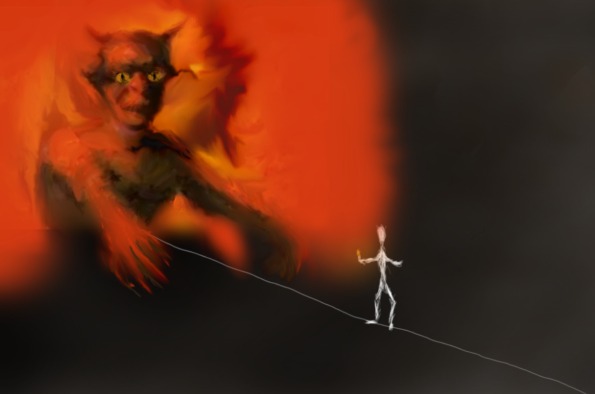
The History of the Unbelieved: Roundtable
- Andrew Redden
- Admission: Free
Add this event to my calendar
Click on "Create a calendar file" and your browser will download a .ics file for this event.
Microsoft Outlook: Download the file, double-click it to open it in Outlook, then click on "Save & Close" to save it to your calendar. If that doesn't work go into Outlook, click on the File tab, then on Open & Export, then Open Calendar. Select your .ics file then click on "Save & Close".
Google Calendar: download the file, then go into your calendar. On the left where it says "Other calendars" click on the arrow icon and then click on Import calendar. Click on Browse and select the .ics file, then click on Import.
Apple Calendar: The file may open automatically with an option to save it to your calendar. If not, download the file, then you can either drag it to Calendar or import the file by going to File >Import > Import and choosing the .ics file.
The roundtable will consist of short exposé of case studies by the panelists followed by discussion and Q&Q from the panel chair, the panel and members of the audience.
The event has been sponsored through the generosity of the Methodological Innovation and Development Award Scheme (MIDAS), engage@liverpool, and the Religious Cultures Research Cluster in the Department of History.
Case Studies for Discussion
Professor Luke Clossey (Simon Fraser University, British Columbia, Canada): Was Elizabeth II a Medieval Chinese General? Rebirth as a Way to a non-Western Social Sciences.
Professor Diana Jeater (University of Liverpool): Spirits and Agency in Zimbabwe.
Dr Andrew Redden (University of Liverpool): The Devil is A Jailbreaker: The Unlikely Alliance between Lucifer and Pedro de Abalos (Peru, 1720).
Dr Roland Clark (University of Liverpool): Panel Chair.
No booking required
